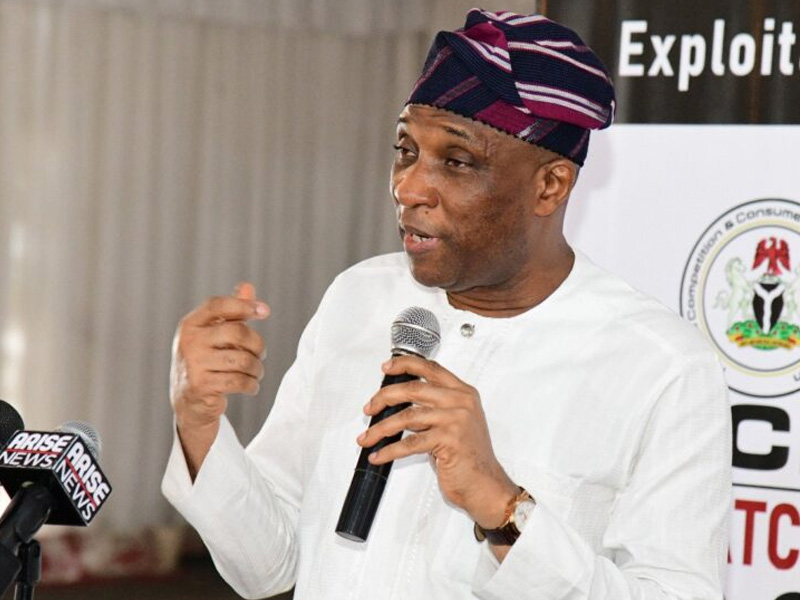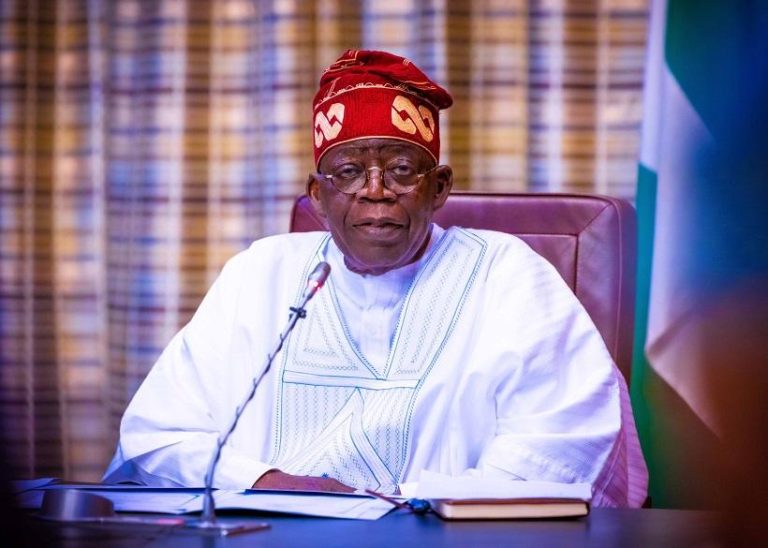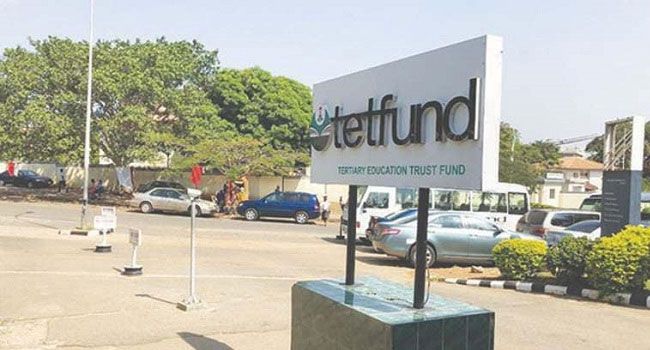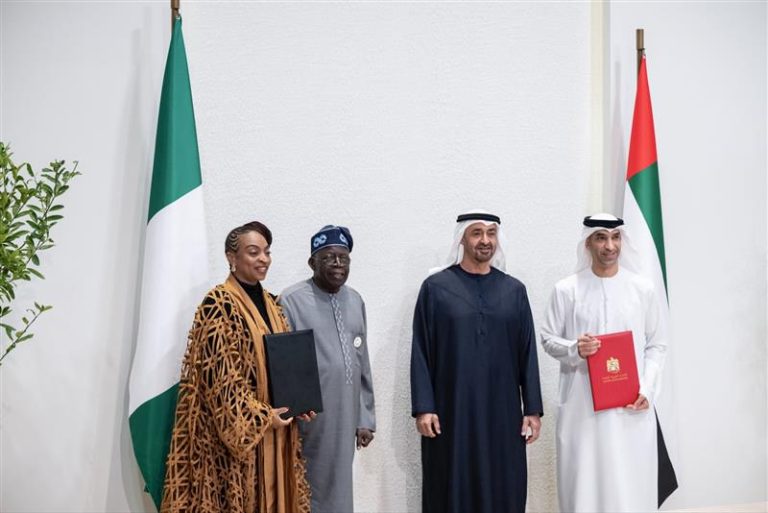
The Federal Competition and Consumer Protection Commission (FCCPC) has hailed two recent landmark court rulings in Lagos and Enugu as major victories for consumer rights in Nigeria. The rulings, which found against Multichoice Nigeria Limited and Peace Mass Transit, respectively, underscore the growing impact of the Federal Competition and Consumer Protection Act (FCCPA), 2018, in ensuring fair treatment of consumers.
The FCCPC’s Executive Vice Chairman and Chief Executive Officer, Mr. Tunji Bello, commended the judiciary for upholding justice and consumer confidence in the marketplace. He said the rulings affirm the power of the FCCPA in protecting consumers and holding service providers accountable for breaches of lawful service standards.
Bello noted that these judgments demonstrate the strength of the FCCPA, which empowers consumers to seek redress and mandates service providers to adhere to fair service delivery standards. He added that they also confirm the courts’ readiness to enforce consumer rights and ensure accountability.
Mr. Bello further praised the consumers involved for seeking justice through lawful means rather than resorting to self-help, urging others to follow their example. He noted that between March and August 2025, the Commission facilitated recoveries exceeding ₦10 billion for consumers across 30 sectors, a testament to the growing efficiency of Nigeria’s consumer protection system.
According to him, consistent judicial enforcement reinforces the Commission’s regulatory efforts and sends a clear message that violations of consumer rights attract serious consequences. He encouraged Nigerians to continue reporting unfair trade practices through the FCCPC’s complaint channels, including its online portal, email, and offices nationwide.
In the first case, the Lagos High Court, presided over by Justice R. O. Olukolu, ordered Multichoice Nigeria Limited to pay ₦5 million in general damages to a DStv subscriber, Mr. Ben Onuora, following the wrongful disconnection of his active subscription. The court found that Multichoice unlawfully disconnected service despite verified payment, causing undue inconvenience to the claimant and his family. Justice Olukolu further directed the company to reconnect the service immediately and extend it to cover the lost period, citing Sections 130, 136, and 142–145 of the FCCPA, which guarantee consumers’ rights to quality service.
In the second case, the Enugu High Court, presided over by Justice C. O. Ajah, declared Peace Mass Transit’s “no refund after payment” policy illegal and void under Sections 120, 104, and 129(1) of the FCCPA. The transport company was ordered to pay ₦500,000 in damages to a passenger, Mr. Tochukwu Odo, after withholding his fare for an uncompleted trip. The court ruled that service providers are legally bound to refund customers when services are not rendered, and that any policy denying refunds breaches statutory consumer rights.
The FCCPC reaffirmed its commitment to promoting fair markets, safeguarding consumer rights, and ensuring accountability across all sectors of the economy.
Melissa Enoch



